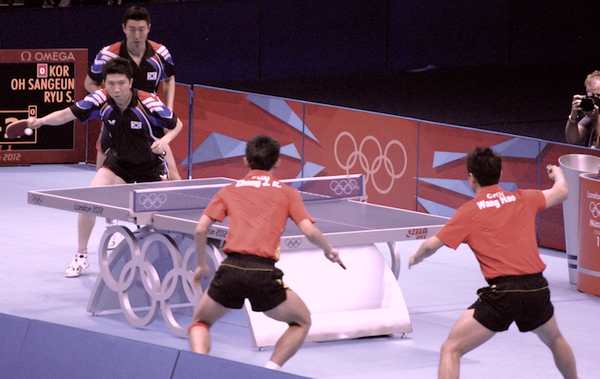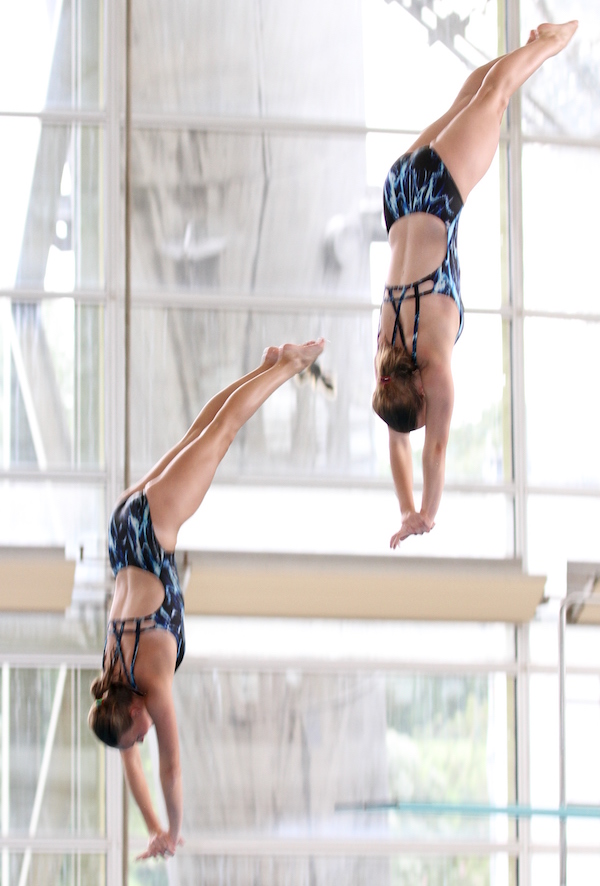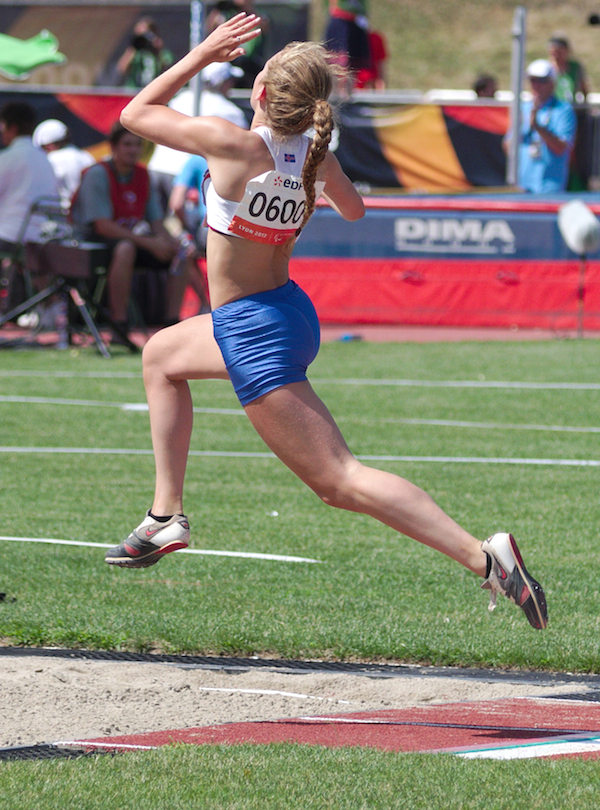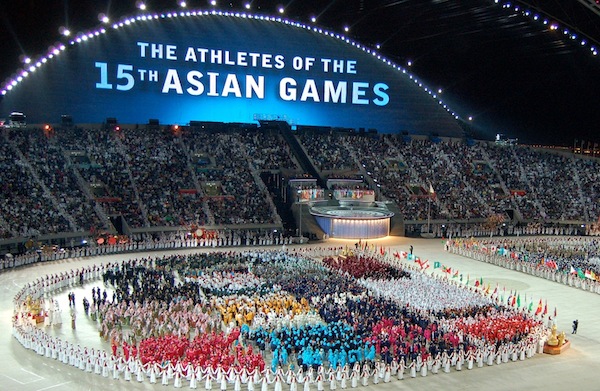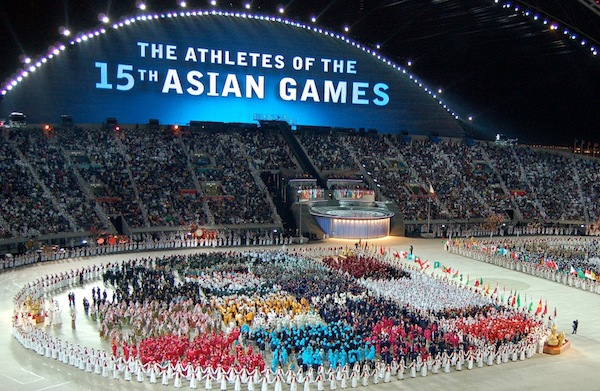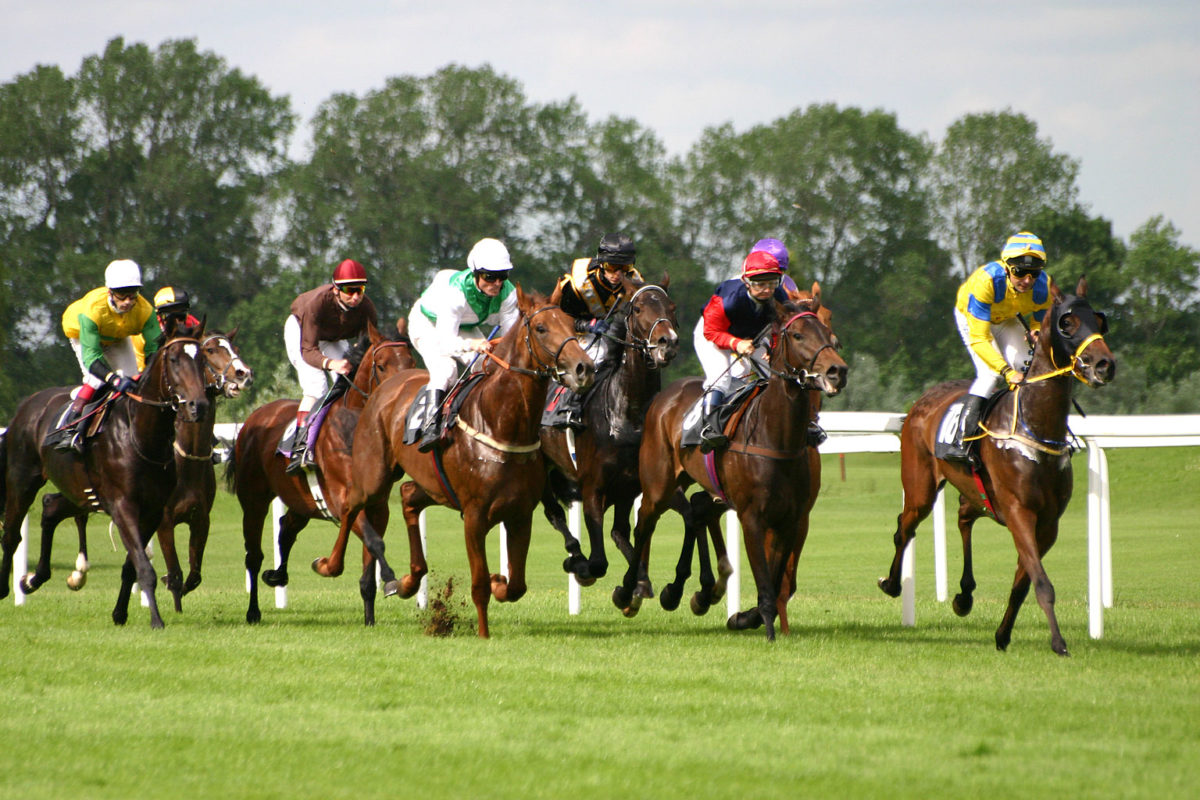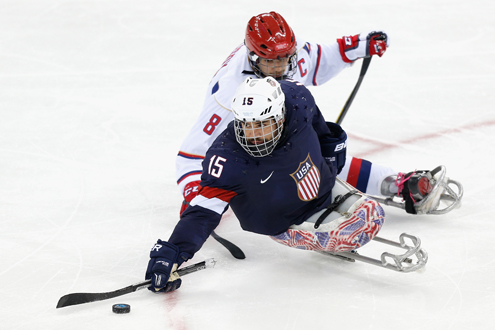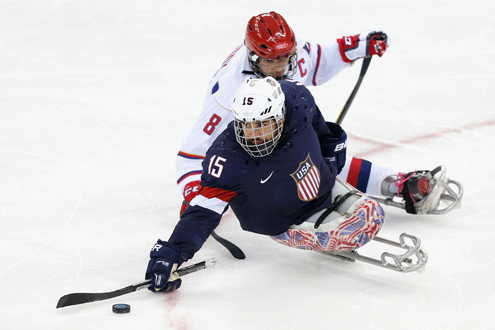All About Table Tennis
We all know table tennis or ping pong. It’s that game we played with our grandparents in Florida or with our friends in their basement. Forrest Gump was good at it. It’s become a mild hipster/tech favorite. No! You do not know table tennis until you watch world class table tennis, like the table tennis in the Olympics. Casual ping pong is to Olympic table tennis as a school yard fight is to World War I.
How Does Table Tennis Work?
For as different as I just described Olympic table tennis being from recreational ping pong, I have to admit the rules are basically the same. There are a few interesting wrinkles though. First, the rule of hitting the ball across the table on a diagonal during serves (like the tennis rule about serving) is only present in doubles table tennis, not singles. In singles table tennis, the serve can go anywhere once it crosses the net. That’s sneaky! There have also been a bunch of equipment changes to slow down the game so that people can enjoy it more as a spectator sport. The ball was enlarged, the paddles restricted. Games are also played to 11 with who serves switching every two points instead of the casual standard of 21 and five.
Why do People Like Watching Table Tennis?
Well, tennis is fun to watch, isn’t it? So why wouldn’t you want to watch tennis as played by GIANTS?! That’s basically what table tennis is like. It’s surprisingly athletic, but instead of running around on the court, these athletes run around the court. Shots force an opponent to lunge from side to side and sometimes even run backward or forward or dive. The mixture of speed and control required to get the paddle into the right spot but not hit the ball too hard is amazing.
Check out some highlights from the 2012 Olympics:
What are the different events?
There are singles and doubles events for men and women.
How Dangerous is Diving?
Table tennis is safe!
What’s the State of Gender Equality in Diving?
The simplicity of the events (singles/doubles) make this an easy event for gender equality. What’s more, the rules are set up such that there are exactly the same number of men and women competing. Nice job table tennis!
Links!
Bookmark the full Olympics schedule from NBC. Table Tennis is from Saturday, August 6 to Wednesday, August 17.
Read more about diving on the official Rio Olympics site.

